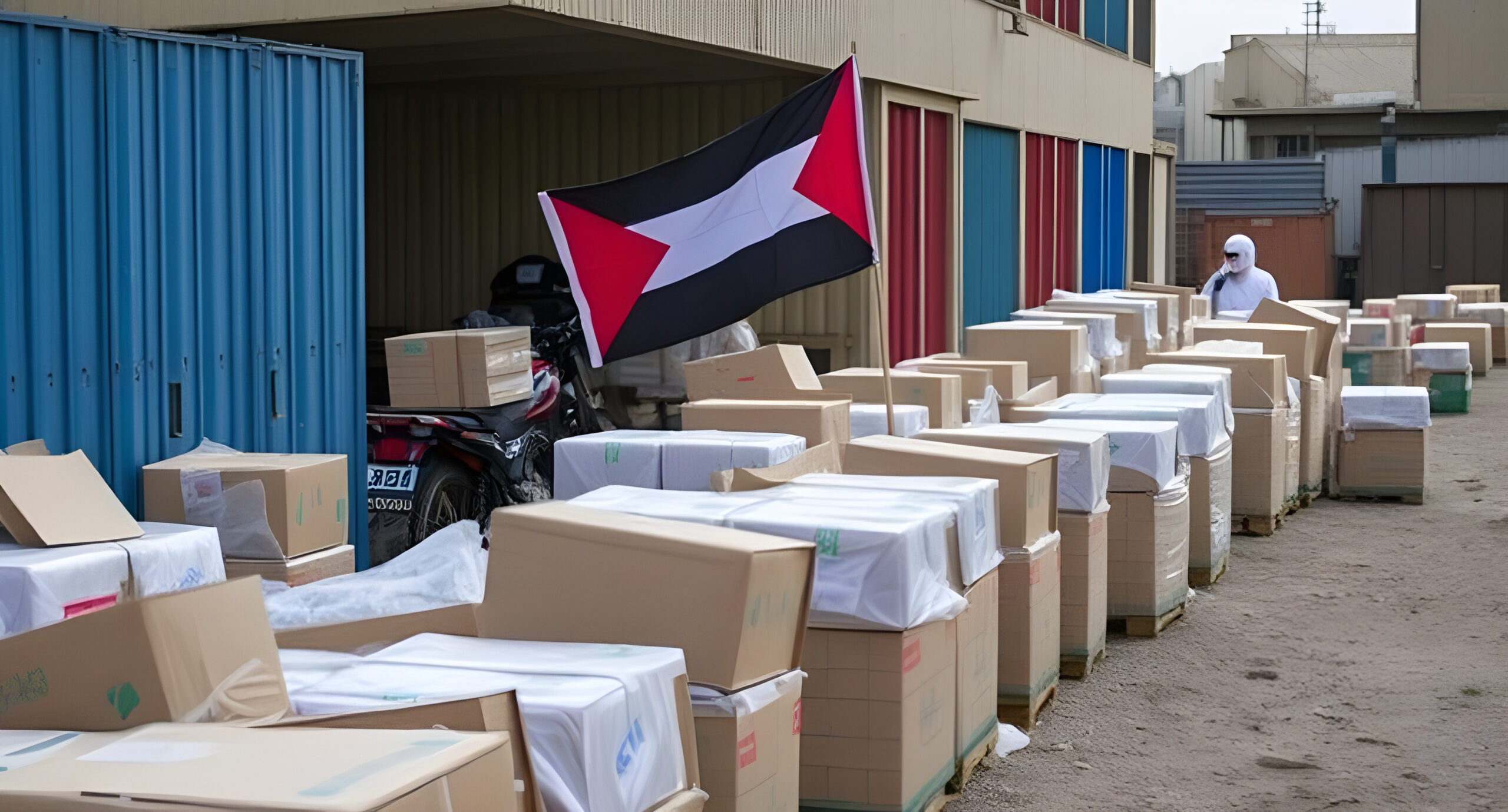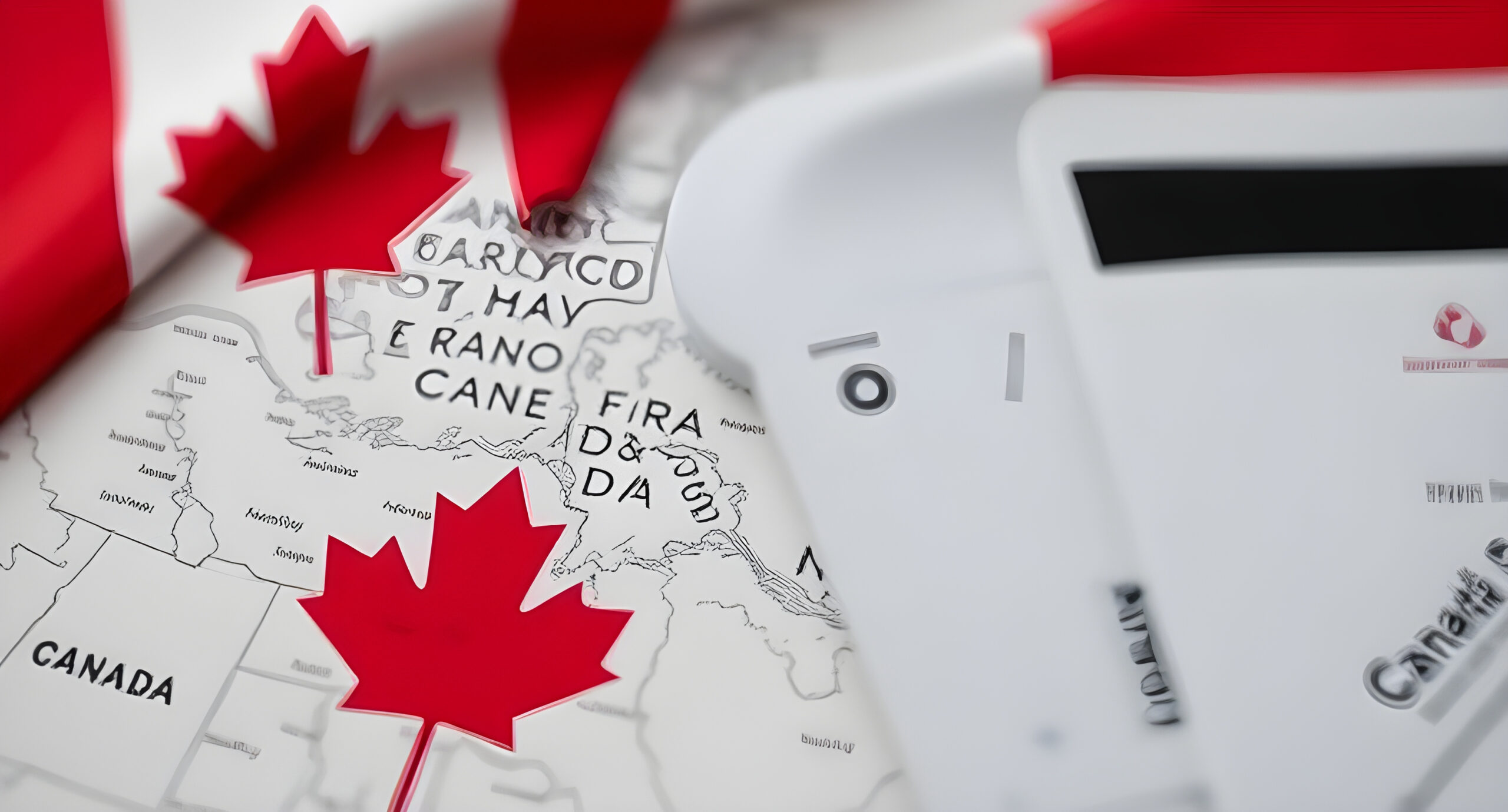Hamas has accused Israel of committing the war crime of collective punishment by halting aid deliveries to Gaza for a seventh consecutive day. This move, according to Hamas, not only affects the civilian population but also impacts Israeli hostages still held in the territory. The aid blockage began after Israel announced it would not allow deliveries until Palestinian militants agreed to its terms for extending the ceasefire. This ceasefire had largely halted over 15 months of intense fighting between the two sides.
The initial phase of the truce, which ended on March 1, allowed vital supplies such as food, shelter, and medical assistance to enter Gaza. During this phase, Gaza militants released 25 living hostages and eight bodies in exchange for the release of about 1,800 Palestinian prisoners held in Israel. However, 58 captives remain in Gaza, including 34 confirmed dead by the Israeli military.
Israel seeks to extend the first phase of the truce until mid-April, while Hamas insists on transitioning to the second phase, aiming for a permanent end to the conflict. Hamas has condemned Israeli Prime Minister Benjamin Netanyahu’s government for its role in the aid blockage, stating it is responsible for the suffering of both Palestinian civilians and Israeli hostages due to the lack of basic necessities.
UN human rights experts have also criticized Israel, stating that it is “weaponising starvation” by blocking humanitarian aid. As the occupying power, Israel is legally obligated to ensure adequate food, medical supplies, and other relief services for the population in Gaza. The ongoing situation highlights the complex and sensitive nature of the conflict, with both sides facing significant challenges in reaching a lasting resolution.
The humanitarian crisis in Gaza continues to escalate, with international attention focused on the need for a peaceful and sustainable solution. The impact of the aid blockage extends beyond Gaza, affecting regional stability and international relations.





